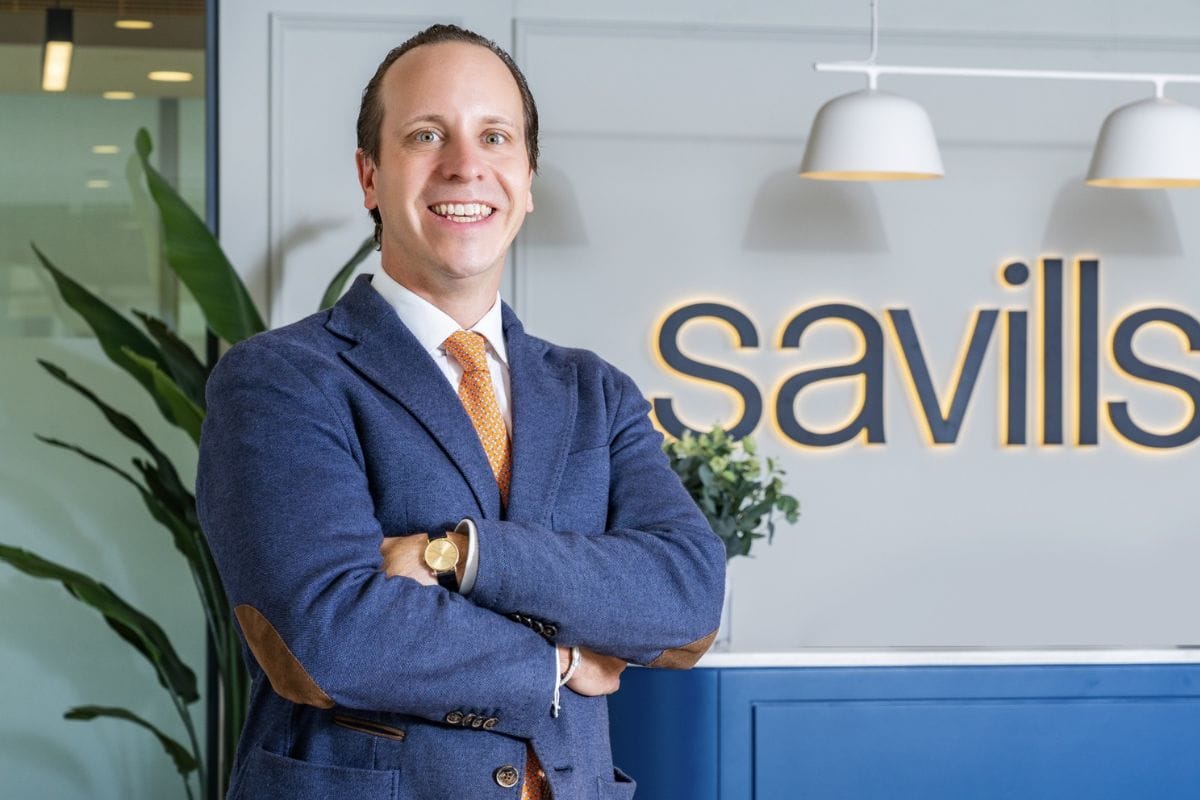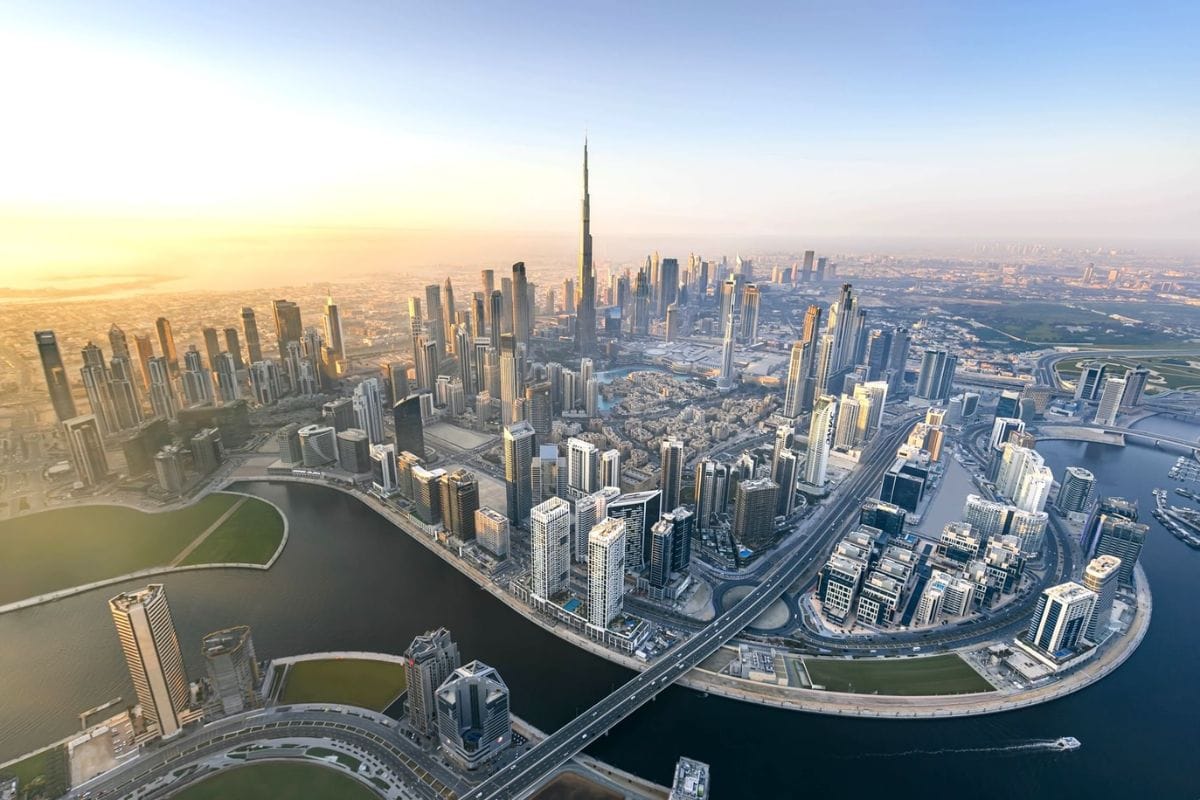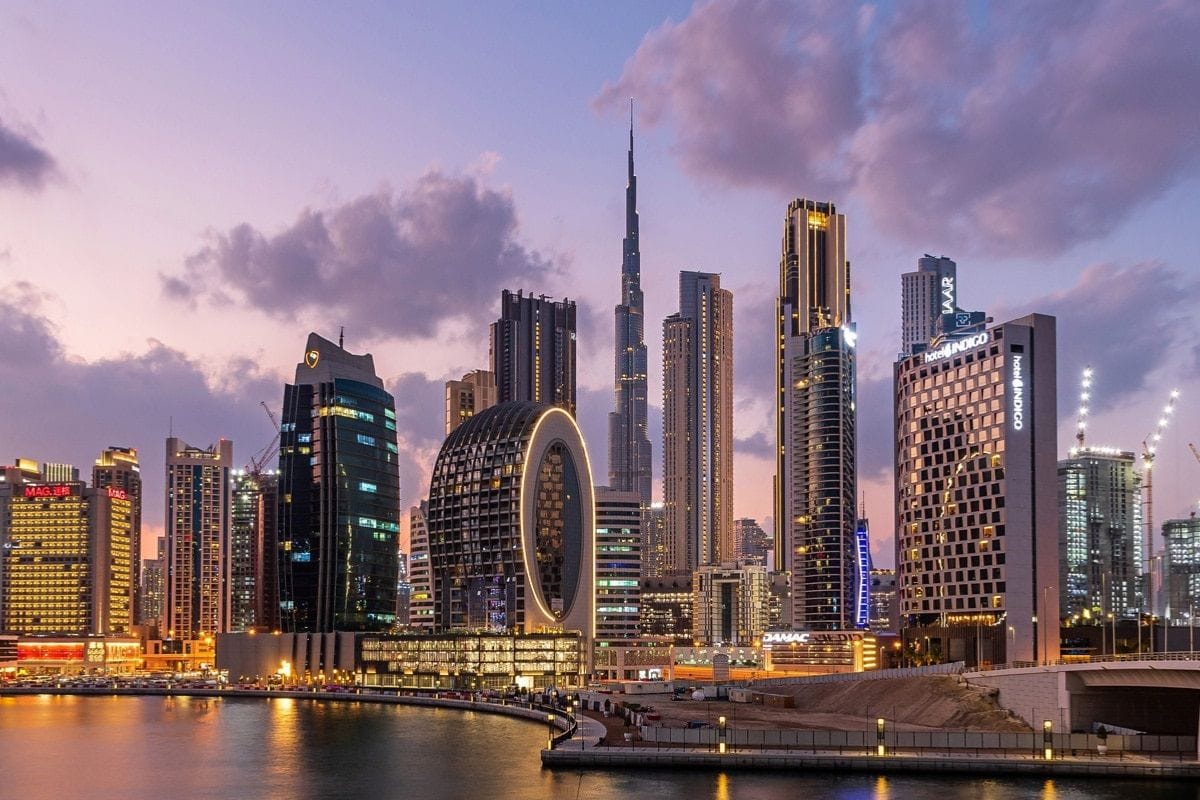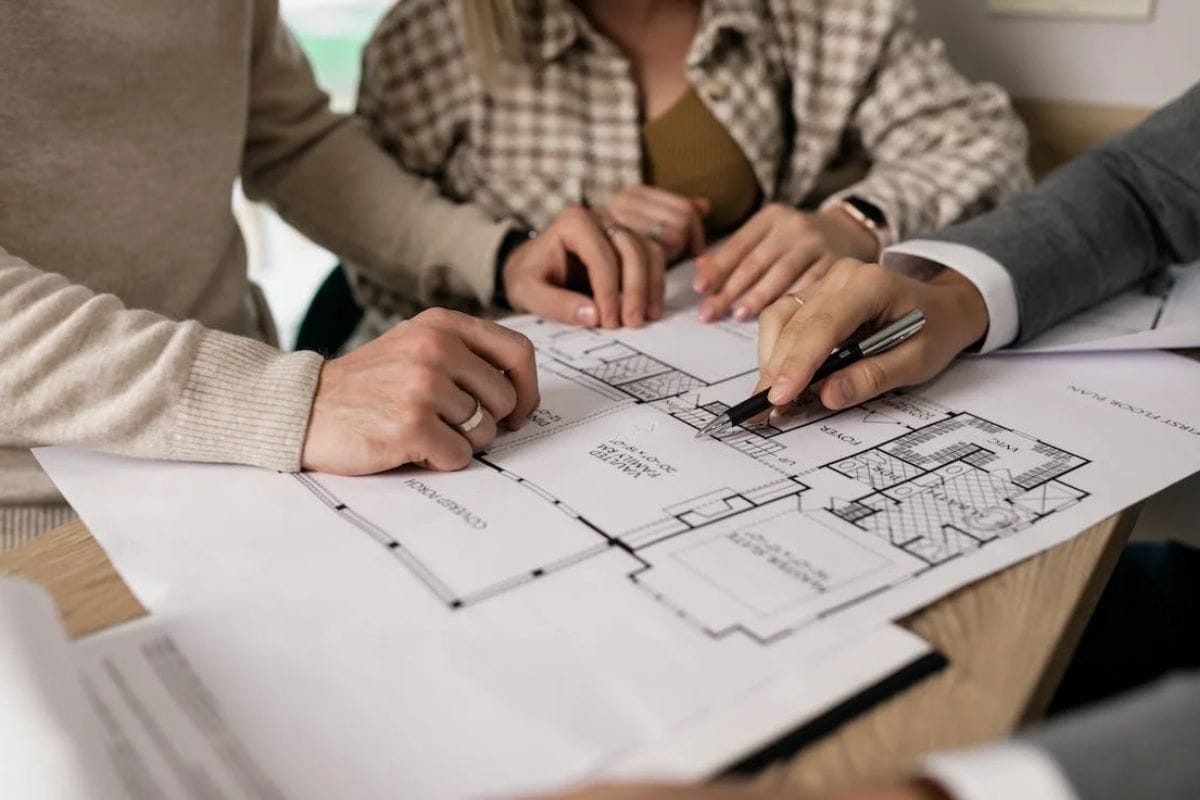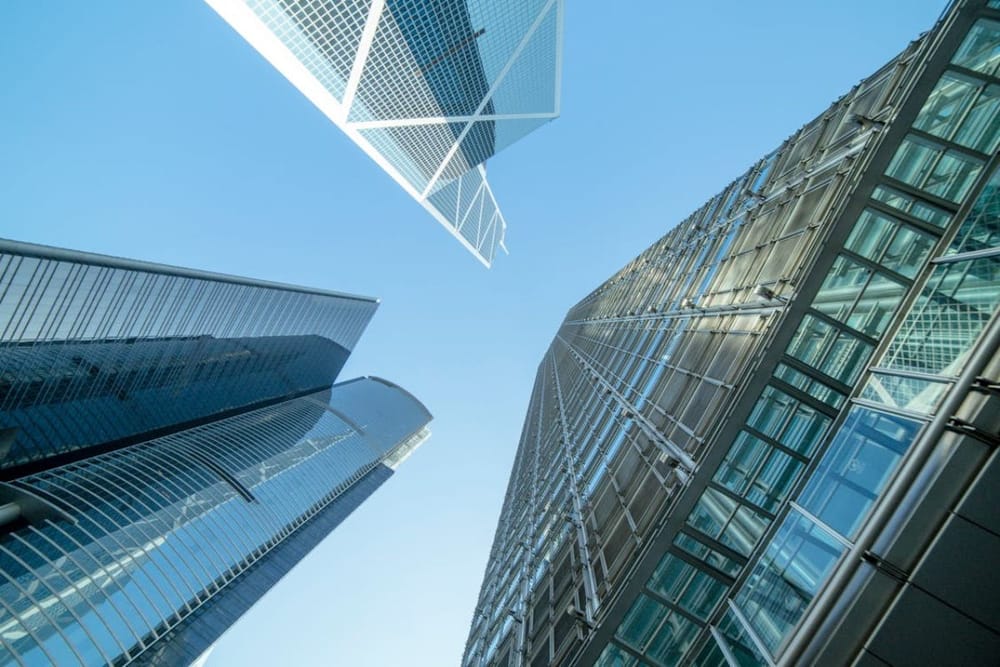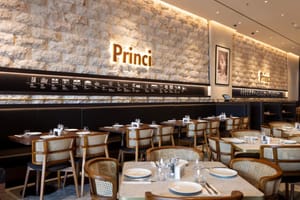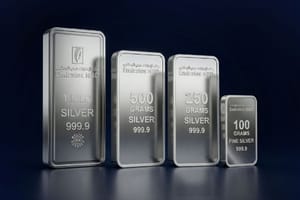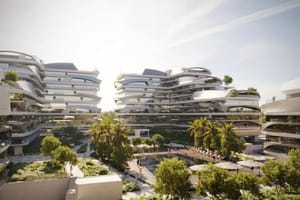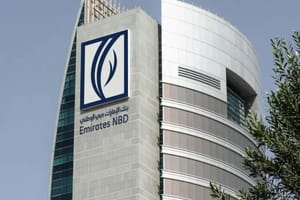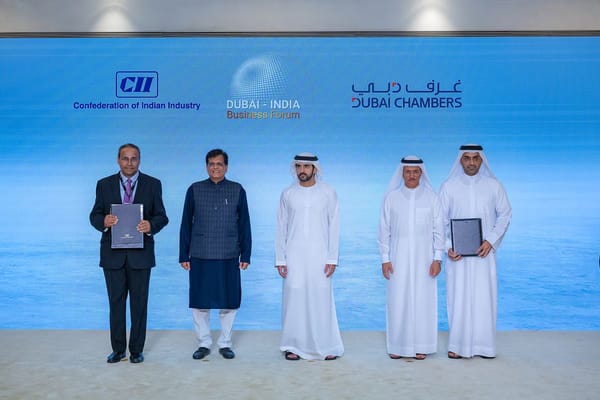Dubai’s real estate market isn’t just about luxury villas and towering residential skyscrapers. With its strategic location, thriving economy, and world-class infrastructure, Dubai offers a unique opportunity for those looking to invest in office spaces, retail outlets and industrial properties. But with so many options and a market that's constantly evolving, where do you even start?
Whether you’re a first-time investor or looking to diversify your portfolio, this guide will take you through everything you need to know about commercial property investment in Dubai, from understanding the market dynamics to securing that perfect property. Ready to dive in? Let’s get started.
Why Invest in Dubai's Commercial Property Market?
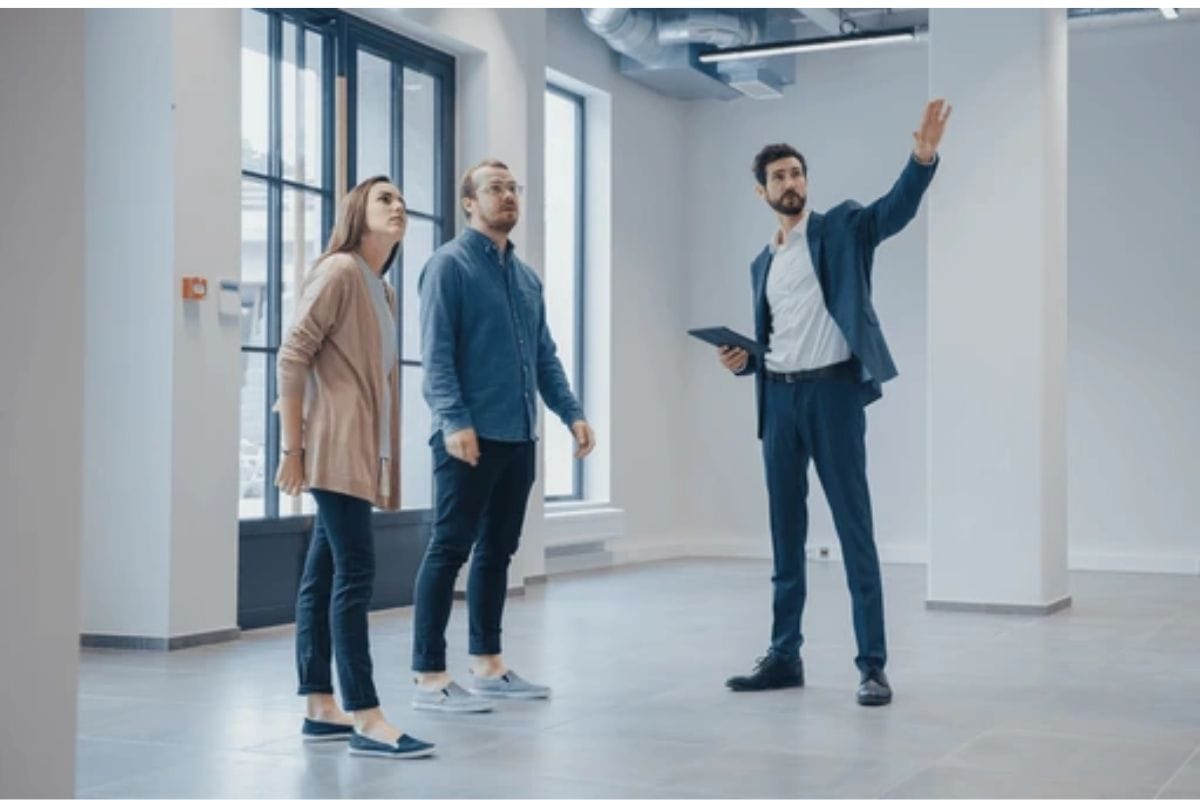
Dubai is not just a city; it’s a global business hub, and its commercial property market reflects that status. The city’s strategic location at the crossroads of Europe, Asia and Africa makes it an ideal base for businesses looking to expand into multiple regions. Whether it’s the thriving tourism sector, a booming tech industry or the ever-growing trade routes through Dubai’s ports, the opportunities for commercial success are endless.
What makes Dubai even more appealing is its tax-friendly environment. The emirate offers zero capital gains tax and low property taxes, making it a favorable option for investors seeking to maximize their returns. Plus, with ongoing infrastructure development, including new business parks and transport links, Dubai continues to evolve into a modern metropolis with cutting-edge facilities.
Another key factor is Dubai’s commitment to creating a safe, secure and transparent investment environment. The Dubai Land Department and other regulatory bodies are known for their clear policies and investor protection laws, which gives investors confidence in the long-term stability of their investments. Combined with the city's ever-expanding economy and status as a world-class destination for business and tourism, Dubai offers a solid foundation for anyone looking to invest in commercial property.
Types of Commercial Properties in Dubai
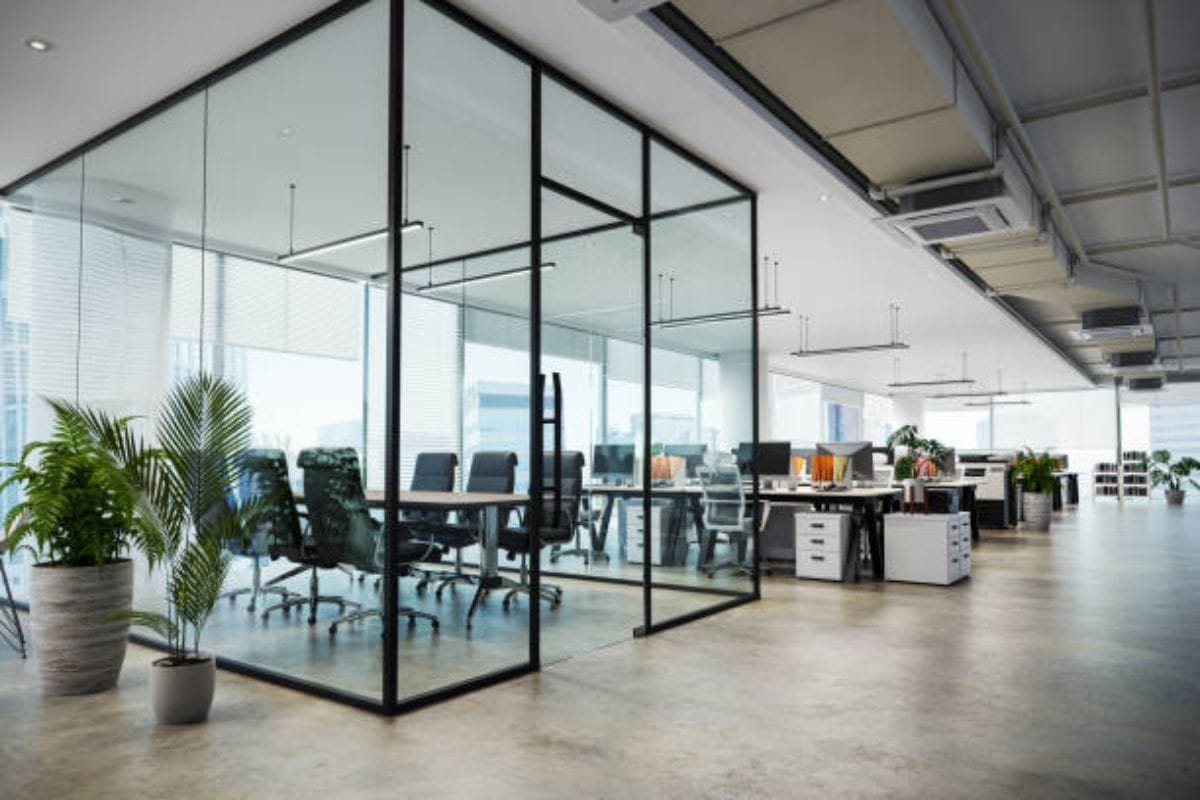
Dubai offers a diverse range of commercial property types, catering to different investment strategies and business needs. Understanding these options is crucial for any investor looking to make the right choice.
Office Spaces
Office properties are among the most popular commercial investments in Dubai. From ultra-modern skyscrapers to business centers, there's something for every budget and business need. Areas like the Dubai International Financial Centre (DIFC), Business Bay and Sheikh Zayed Road are renowned for their high-end office spaces, often leased by multinational companies, financial institutions and tech firms. For smaller businesses, there are plenty of flexible office spaces in areas like JLT and Tecom, where you can find cost-effective options with great amenities.
Retail Spaces
Dubai is a shopping haven, attracting both tourists and locals with its high-end malls, luxury boutiques and bustling shopping streets. Investing in retail spaces can be a lucrative venture, particularly in prime locations like The Dubai Mall, Mall of the Emirates or along the popular Jumeirah Beach Road. Dubai's retail sector offers diverse opportunities, from high-end flagship stores to more affordable retail units. However, while Dubai’s retail market is strong, it’s important to assess the customer base and foot traffic to ensure you're targeting the right audience. Retail spaces offer significant potential, especially with the city’s strong tourism and local consumer markets, but like any investment, they come with risks, particularly during economic shifts.
Industrial Properties
Dubai's industrial property market has grown rapidly, driven by the city's role as a logistics and trade hub. Properties like warehouses, distribution centers and manufacturing facilities are in demand, especially in areas near transport hubs such as Jebel Ali Free Zone and Dubai South. These areas benefit from proximity to the world-class port at Jebel Ali, as well as the Al Maktoum International Airport, making them ideal locations for businesses in e-commerce, logistics and manufacturing. For investors looking for more stable, long-term returns, industrial properties can be a great option, as they typically offer higher rental yields and more predictable cash flows.
Mixed-Use Developments
Mixed-use developments are becoming increasingly popular in Dubai, offering a blend of commercial, residential and sometimes even retail spaces. These properties are attractive because they cater to multiple markets, providing the flexibility to lease out offices, retail units or apartments in one building. Dubai’s urban growth has led to more of these projects, particularly in areas like Dubai Marina and Downtown Dubai. They offer the advantage of diversifying your income streams, reducing reliance on one tenant type. If you’re an investor looking for a versatile asset with the potential for higher returns, mixed-use properties could be an appealing option, especially in well-located developments that draw both businesses and residents.
Understanding the Legal Framework for Foreign Investors

One of the first things to understand when investing in commercial property in Dubai is the legal framework. While Dubai encourages foreign investment, there are specific rules in place.
Freehold Ownership
For foreign investors, the most attractive option is freehold ownership. This means you can own 100% of the property without the need for a local partner. However, it’s important to note that freehold ownership is restricted to certain areas. These freehold zones, which include some of the city’s most prestigious locations like Downtown Dubai, Jumeirah Lake Towers (JLT) and Business Bay, offer the opportunity for full control. The beauty of freehold properties is that you’re not just a passive investor; you own the asset outright, and that ownership extends to the land itself, not just the structure on it. This makes it a great choice for long-term investment, as it can be passed on, sold, or developed with ease.
Leasehold Ownership
Not every location in Dubai offers freehold ownership to foreign investors. For commercial properties outside the designated freehold zones, leasehold ownership is the next best option. In a leasehold agreement, you can secure the property for a fixed period, typically 99 years, which gives you long-term control, even though you don’t technically own the land. It’s a popular choice for those looking to invest in prime commercial spaces in areas like Deira, Bur Dubai, and even parts of Dubai Silicon Oasis. Leasehold agreements can still be highly profitable, especially if the location experiences appreciation in value over time. This option is more flexible compared to the full ownership route and often has lower upfront costs, though the rights are finite, and you’ll need to be mindful of the agreement’s expiration.
Company Ownership
If you’re planning to set up a business or manage properties for rental, you might consider establishing a UAE-based company. Through this structure, foreign investors can buy commercial properties in non-freehold areas as well. The company essentially acts as a local entity, which means it can acquire properties that would typically require a local partner or fall outside the foreign ownership framework. This is especially useful for larger-scale investments, as it allows you to tap into a broader range of commercial opportunities. Setting up a business entity also opens the door to other benefits, like easier access to permits and potential tax advantages.
Key Considerations Before Investing

Investing in commercial real estate is different from residential properties. Here are some critical factors to consider:
- Location is Key: Location always plays a huge role in determining the value of commercial property. Areas with high foot traffic, easy accessibility and proximity to transport hubs tend to yield better returns.
- Market Trends: Dubai’s commercial property market can be cyclical, with fluctuations based on economic conditions, demand for space and overall investor sentiment. It’s vital to stay updated on market trends and economic indicators before making your move.
- Property Management: Managing commercial properties requires hands-on attention or hiring a professional property management service. Consider the costs and responsibilities involved, especially when dealing with tenants and maintenance.
- Rental Yields: Commercial properties in Dubai often offer higher rental yields compared to residential properties. However, keep in mind that rental income can vary depending on location, property type, and market conditions.
Financial Considerations
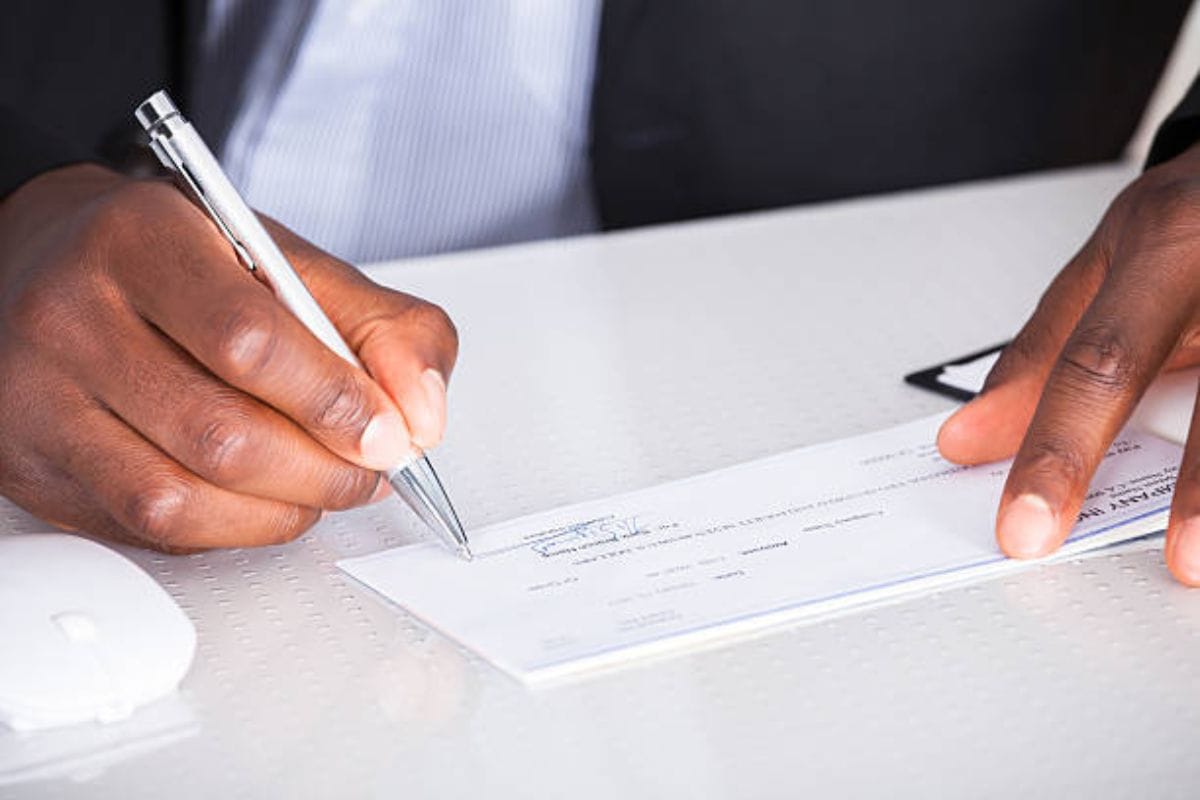
When it comes to investing in commercial property, the financial aspect is key. Understanding what you’re getting into can save you from costly surprises down the line. Take a close look at your budget, financing options, and the ongoing expenses that come with the territory.
Initial Investment
First things first, expect to make a sizeable initial investment. While some properties may be priced in the lower range of the market, commercial real estate in Dubai tends to come with hefty price tags. The location and type of property will significantly impact the cost. For instance, a high-rise office in the central business district will naturally cost more than a smaller warehouse in the outskirts of Dubai. The down payment usually hovers around 25% to 30% of the property’s value, meaning you’ll need to have a good chunk of cash upfront.
If you’re going for a high-end property in a prime location, the numbers can easily hit several million dirhams. It’s important to ensure that you have enough liquidity not just for the down payment, but for any additional costs that could crop up during the transaction process, such as legal fees, registration costs, and broker commissions.
Financing Options
While some investors may opt for an all-cash deal, many others take advantage of financing options. Dubai’s banks offer competitive mortgage rates for commercial property investments, with most lenders willing to finance up to 50% to 70% of the property value, especially in established, desirable locations. However, keep in mind that commercial property financing in Dubai is a bit different from residential loans, with interest rates and terms often varying significantly depending on the bank and your financial profile.
It’s worth comparing different lenders, as some may offer more favorable terms, such as longer repayment periods or lower interest rates. Additionally, foreign investors may face stricter loan conditions, so be sure to work closely with a financial advisor or mortgage broker to find the best financing deal suited to your needs.
Ongoing Costs
Once you’ve secured the property, the expenses don’t stop there. Owning commercial real estate in Dubai comes with ongoing costs that can add up quickly. Maintenance and property management fees are some of the largest ongoing expenses. If you opt to hire a property management company (which is common for many investors), be prepared to pay for their services, which generally range from 5% to 10% of the annual rental income.
Utilities are another cost to keep in mind, especially in larger commercial properties. Things like electricity, water, air conditioning and general upkeep of common areas can eat into your profits if you’re not careful. Furthermore, property taxes, although not as high as in some other markets, can still add to your financial responsibilities. Make sure to factor in all these costs when calculating your return on investment (ROI).
Additionally, commercial properties often face periods of vacancy, especially if they are leased to businesses that are seasonal or subject to economic cycles. Setting aside a fund for such periods will help mitigate the financial strain that comes with potential gaps in rental income.
Risks to Watch Out For

As with any investment, there are risks involved. Here are some potential challenges to be aware of:
- Market Volatility: While Dubai’s real estate market has been strong, it can be susceptible to economic downturns, affecting property values and rental income.
- Tenant Risk: A key challenge in commercial property is securing and retaining tenants. Businesses can face financial difficulties, leading to vacancies or late payments.
- Regulatory Changes: Although Dubai is known for its investor-friendly policies, laws can change. Stay informed about the latest regulations that might impact your investment.
Is Commercial Property Investment in Dubai Right for You?
If you’re looking for a long-term investment with the potential for high returns, commercial property in Dubai is a solid choice. It offers a range of opportunities across various property types and locations. However, like any investment, it requires careful planning, research, and financial commitment. With the right strategy and understanding of the market, you can tap into one of the world’s most exciting real estate markets and see great returns on your investment.
Make sure to do your due diligence and seek advice from local experts to guide you through the process. Happy investing!
Also Read:
